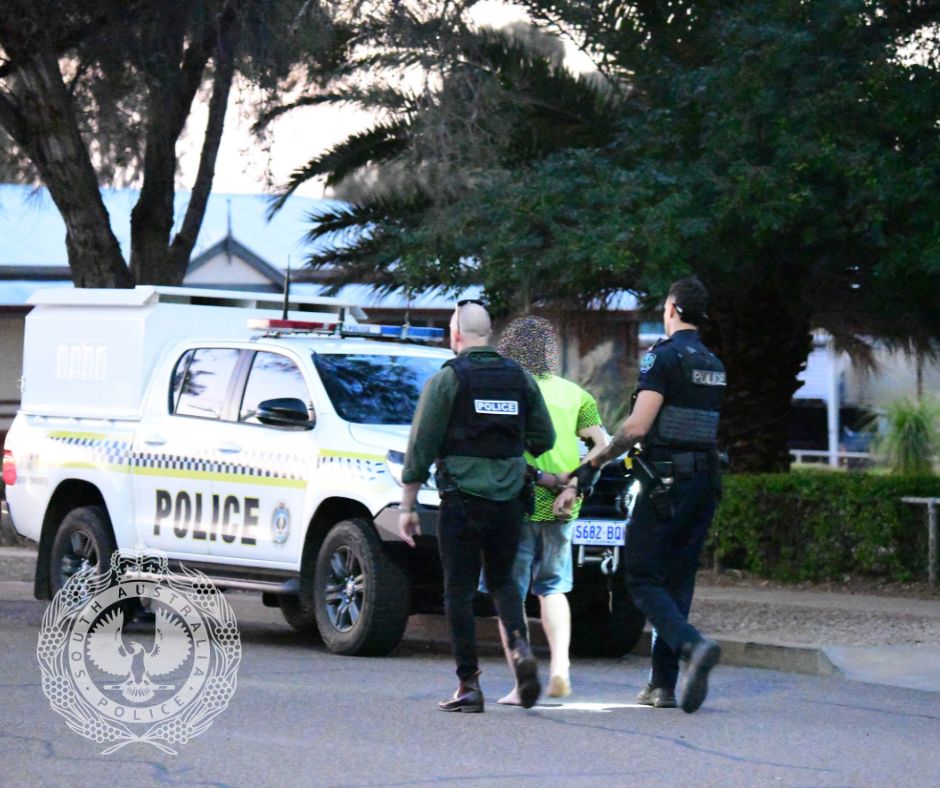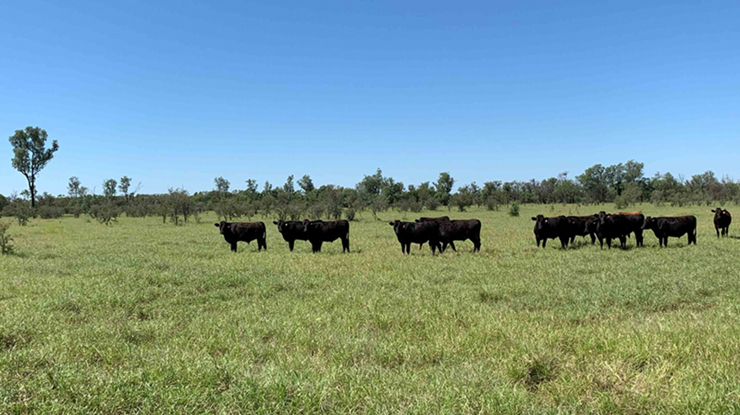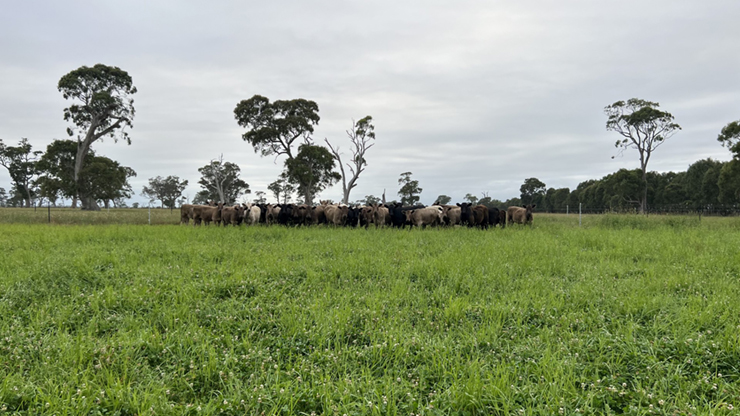One of Air Force’s last great aviators and true characters died just months shy of his 100th birthday.
Former Air Commodore Vin Hill was Australia’s oldest living Air Rank pilot, having participated in three major wars by flying fighters in World War 2 and Korea as well as Canberra Bombers in Vietnam.
Retired Air Vice-Marshal and former Deputy Chief of Air Force Dave Rogers maintained a friendship with Mr Hill over the years, recently visiting him at his home near the Bay of Islands in New Zealand.
Mr Rogers described Mr Hill as one of nature’s true gentlemen who embodied a spirit and importance to the nation and to RAAF.
“Vin Hill really was the essence of what it meant to sign up and serve with distinction in the Royal Australian Air Force,” Mr Rogers said.
“His contribution to our Air Force, over a career spanning more than 30 years, is almost immeasurable and his positive impact on those who worked with him over those years even stronger.
“There are very few in Air Force history who’ll even get close to matching the experience of Vin Hill, who was able to contribute to and witness so much change in RAAF that it now barely resembles the Air Force he joined during the Second World War.”
Born in 1924 in Malvern, Victoria, Mr Hill trained as a telephone mechanic and developed his passion for aviation at a time when the Japanese seemed invincible in the skies above the Pacific in World War 2.
At 19, he enlisted in the then Empire Air Training Scheme, trained at Western Junction and graduated as a pilot in June 1943.
He initially flew the Vultee Vengeance dive-bomber in the islands at 21, became a fighter pilot flying Kittyhawks and later in Mustangs in Borneo and Japan. All this without a driving licence.
Following the war, Mr Hill completed a Bachelor of Science in Western Australia before being called up by the RAAF for Korea. As a Flight Commander in 77 Squadron, he flew over 130 missions, often leading large formations on ground attack missions over North Korea.
“His contribution to our Air Force, over a career spanning more than 30 years, is almost immeasurable and his positive impact on those who worked with him over those years even stronger.”
His initiative, drive and leadership saw him decorated with the Distinguished Flying Cross (DFC).
Back in Australia, his operational experience and university degree saw him selected in 1954 for the prestigious Empire Test Pilot School at Farnborough in England. He graduated top of the course and was awarded the McKenna Trophy; the first Australian to do so. During the course, the Queen presented him with the DFC at Buckingham Palace.
His new skill as a test pilot was used in the Aircraft Research and Development Unit where he was involved in operational test and development work on the new RAAF Sabre fighter. He then completed an exchange tour in Canada at the Royal Canadian Air Force Experimental Proving Establishment near Ottawa.
After seven years in the test pilot environment, Mr Hill was again decorated with the Air Force Cross in recognition of his skill and dedication.
In 1966, he was appointed Commanding Officer 6 Squadron, then flying the Canberra bomber. After 18 months, the unit was combined with 2 Squadron as part of the preparation for the F-111. He soon found himself in Phan Rang, Vietnam, as Officer in Charge Flying in 2 Squadron, flying operations in his third war.
His leadership, example and experience proved invaluable on the initial deployment and again was decorated with a bar to his DFC.
After a few short staff appointments in plans and then personnel, he was appointed to command 82 Wing for the training, ferry and operational development of the F-4E Phantoms at Amberley. He completed the US Air Force Air War College in Alabama followed by a promotion to Air Commodore and senior staff posts in Melbourne and Canberra.
“There are very few in Air Force history who’ll even get close to matching the experience of Vin Hill, who was able to contribute to and witness so much change in RAAF that it now barely resembles the Air Force he joined during the Second World War.”
Mr Hill retired in 1976 and moved to New Zealand with his family where he lived for the rest of his life.
He told Mr Rogers during his visit in January that he couldn’t have asked for a better or more colourful career.
“It reinforces my firm belief that 1924 was a good year to start life in aviation,” Mr Hill said.
“While today’s Air Force boasts incredible sophistication and cutting-edge technology, it also comes with enormous purchase and operating costs. The very idea of spending an hour practising aerobatics among the clouds just for the joy of it is probably unthinkable nowadays.
“So I reckon that we, of my generation, had the best of it. Mind you, the timing also needed to be right to get a go at three wars.”
Mr Hill was indeed the last of a generation.
A private family service for Mr Hill was held on March 5 in his hometown of Russell, New Zealand.








